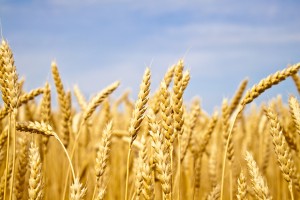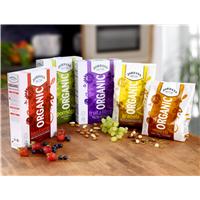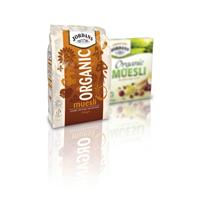Children who eat breakfast regularly, particularly a high fibre cereal breakfast, had lower risk for type 2 diabetes than those children who ate breakfast infrequently, according to new research
The results came from research among 4,116 9–10 year old children attending 200 schools in London, Birmingham, and Leicester participating in the Child Heart and Health Study in England (CHASE), a study examining risk factors for cardiovascular disease and type 2 diabetes in children.
Researchers took various body measurements of the study participants and their levels of insulin, glucose, and other blood markers of diabetes risk. All the participants reported how often they ate breakfast and 2,004 children also completed a 24-hour dietary recall questionnaire.
Seventy-four percent of the children reported that they ate breakfast every day, 11% and 9% reported that they ate breakfast most days and some days, respectively, whereas 6% reported that they rarely ate breakfast.
Children who ate breakfast every day had lower risk markers for type 2 diabetes (eg fasting insulin levels were lower) than those children who ate breakfast infrequently. In particular, the children who ate a high fibre, cereal-based breakfast had lower insulin resistance than children who ate other types of breakfast such as low fibre or toast-based breakfasts.
Studies of this type are often associated with confounding factors that can reduce the strength of the findings. However, in this study the association between eating breakfast and having a favorable type 2 diabetes risk profile remained after allowing for differences in socioeconomic status, physical activity levels, and amount of body fat.
Family GP, Dr Paul Stillman and advisor to the Breakfast Cereal Information Service (BCIS) commenting on the results said: “These findings are very encouraging and suggest the need to conduct further trials to see whether altering the breakfast habits of children can alter their risk of developing type 2 diabetes.
“This study suggests that if all the children in England who do not eat breakfast daily could be encouraged to do so, it might reduce population-wide fasting insulin levels by about 4%. Moreover, encouraging children to eat a high fibre breakfast, instead of a low fibre breakfast might reduce population-wide fasting insulin levels by 11%–12%. Persuading children to eat breakfast, particularly a high fibre breakfast cereal regularly, could contribute to reducing the risk of type 2 diabetes. Breakfast cereals are a nutritious and convenient choice for breakfast as they contain a range of micronutrients. Choosing a high fibre breakfast cereal may offer additional benefit to health with regard to type 2 diabetes risk profile.”
For more information log onto: www.breakfastcereal.org




